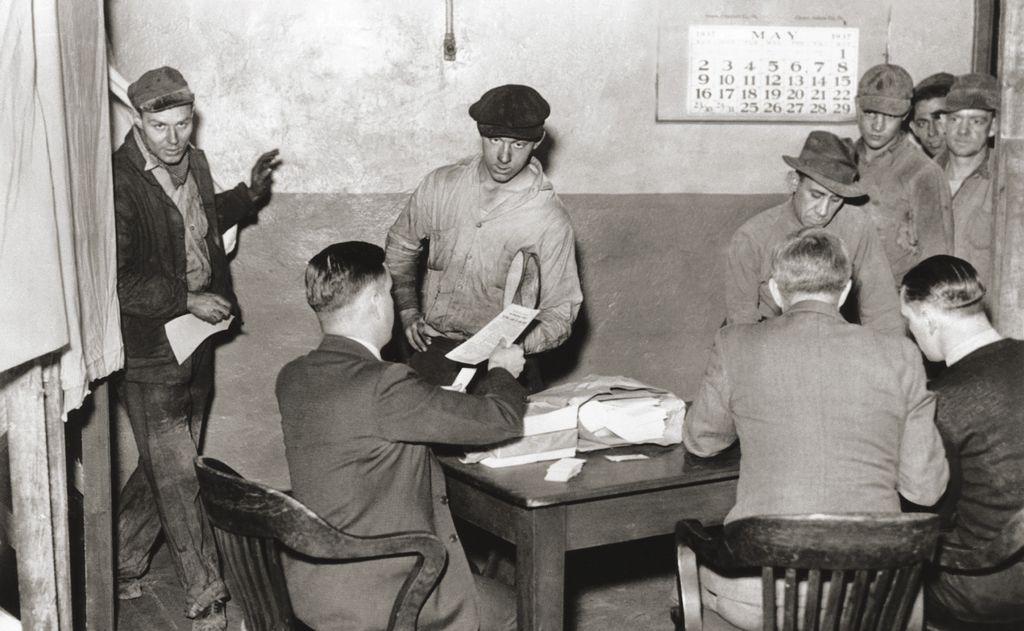GIVING COURTS THE BUSINESS

NATIONAL LABOR RELATIONS BOARD V. JONES & LAUGHLIN STEEL CORP. 301 U.S. 1 (1937) WAS THE NATIONAL LABOR RELATIONS ACT CONSTITUTIONAL UNDER THE COMMERCE CLAUSE?
the U.S. Supreme Court handed down a keystone decision paving the way for near open-ended federal regulation of business. Chief Justice Charles Evans Hughes authored the ruling in a jurisprudential U-turn that for the rest of his life Hughes denied making. The decision upheld the constitutionality of provisions in the 1935 National Labor Relations Act easing the path for workers to organize. The now-reinforced ruling ordered company managers to bargain with unions picked by workers to represent them and outlawed punitive actions against pro-union employees. The decision set up an independent agency, the National Labor Relations Board, to enforce the provisions of the NLRA, widely known at the time as the Wagner Act—its principal sponsor had been Senator Robert F. Wagner
You’re reading a preview, subscribe to read more.
Start your free 30 days





